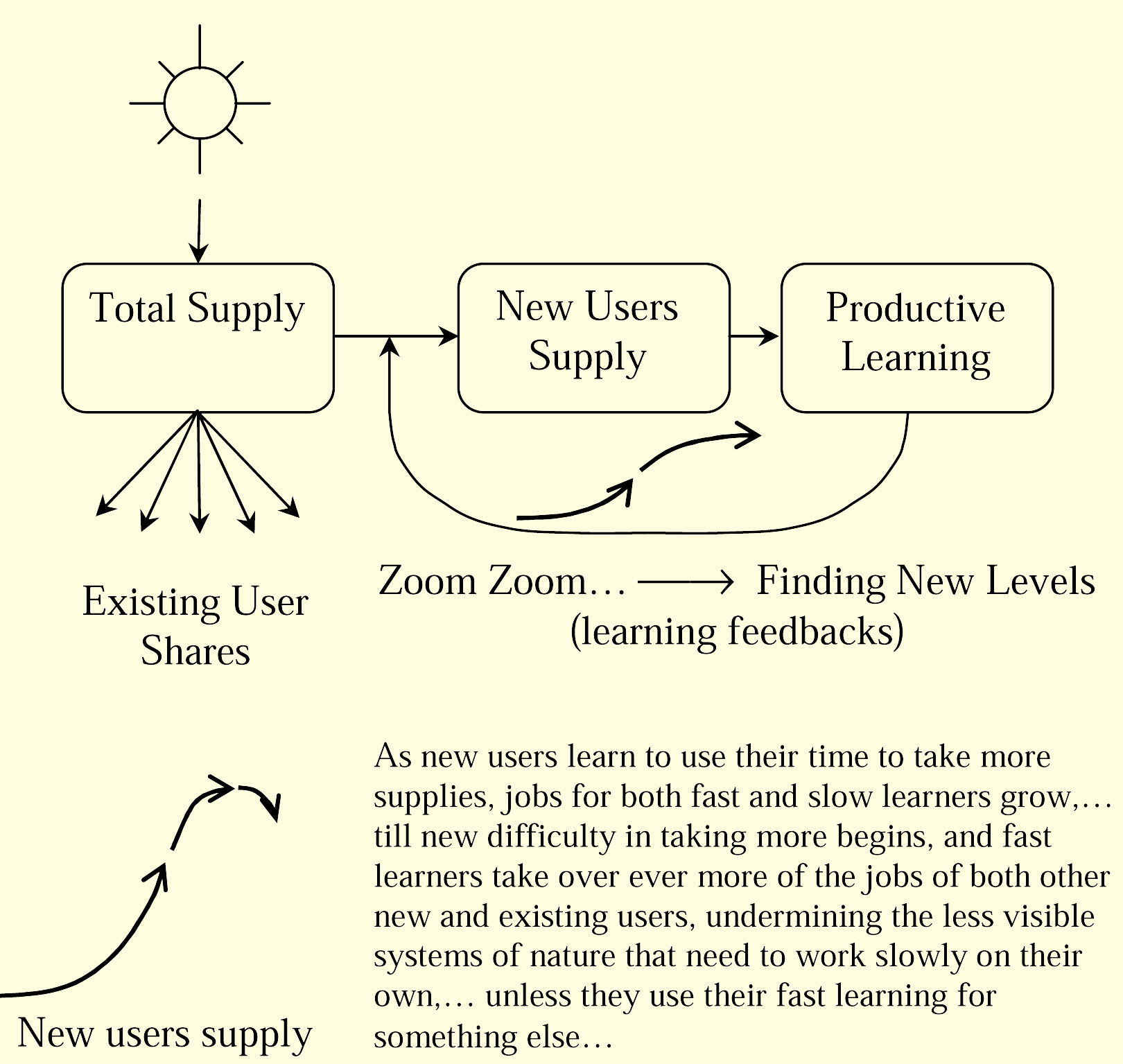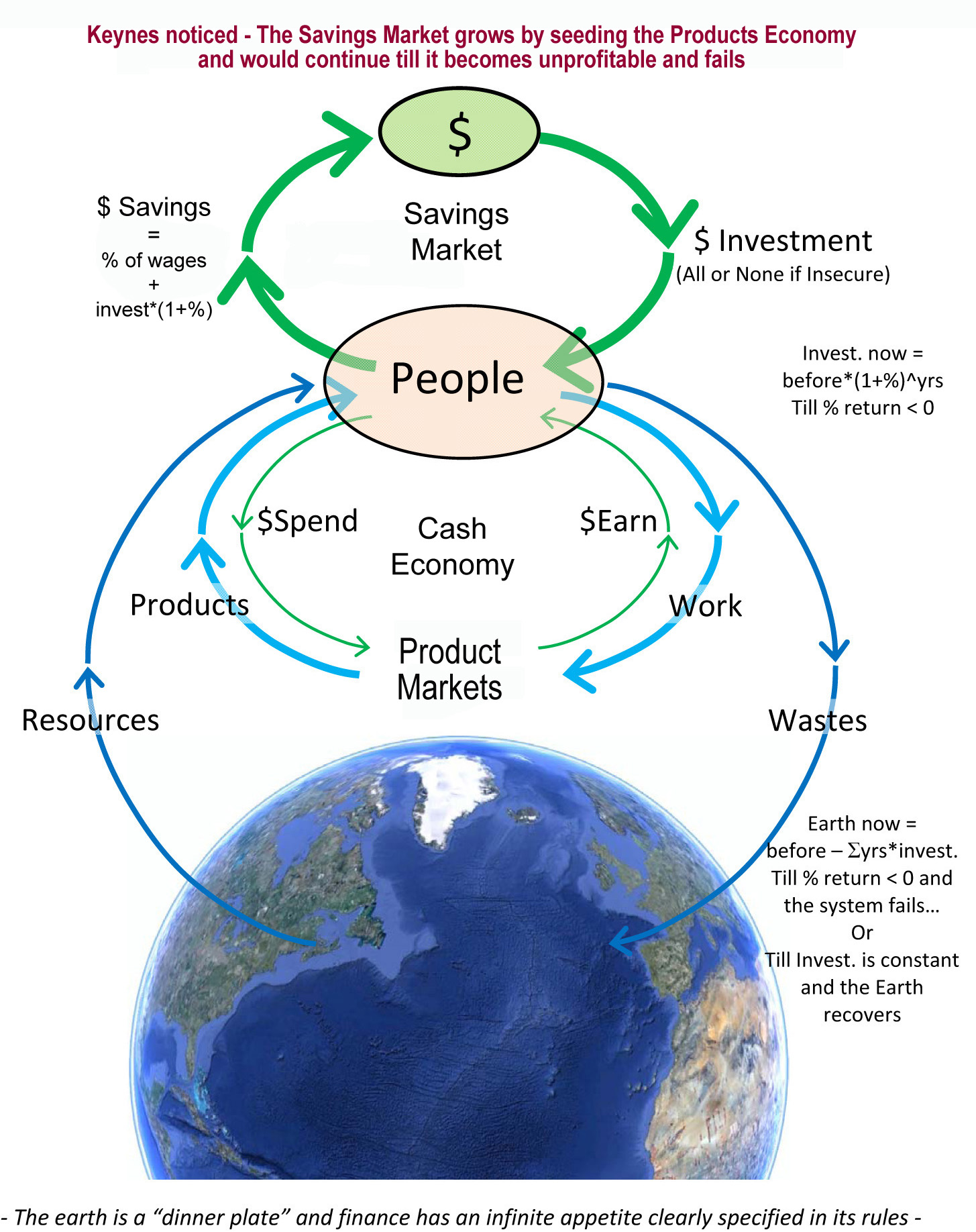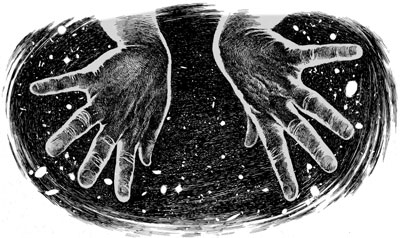After getting the two research papers (1) that came from it through peer review, I updated the research notes page they came from, How to understand your Dollarshadow
_______
The reality is that every dollar is, on average, responsible for 1 equal share of the wealth and consequences of the whole world economy. So earning or spending a dollar earns you a share of all the accumulating consequences for the earth that use of the economy causes.
That turns out to be much less “hyperbole” and more an “accurate measurement”, than we are normally aware of. There are some very simple statistical reasons, having to do with world GDP/person being the world average consumption of all people.
an $8 glass of wine, also actually buys you 8 pounds of CO2
The data and calculations are quite clearly illustrated on the Dollarshadow page now. You might find it a little extreme, that every $8 glass of wine or other consumption, unexpectedly, also buys you an added 8 pounds of CO2, to stay in the atmosphere for a couple hundred years. It would be a quite natural reaction.
That is a true measure of the scale of direct impacts of the economy that we’ve been missing.
Continue reading Dollarshadow… →



